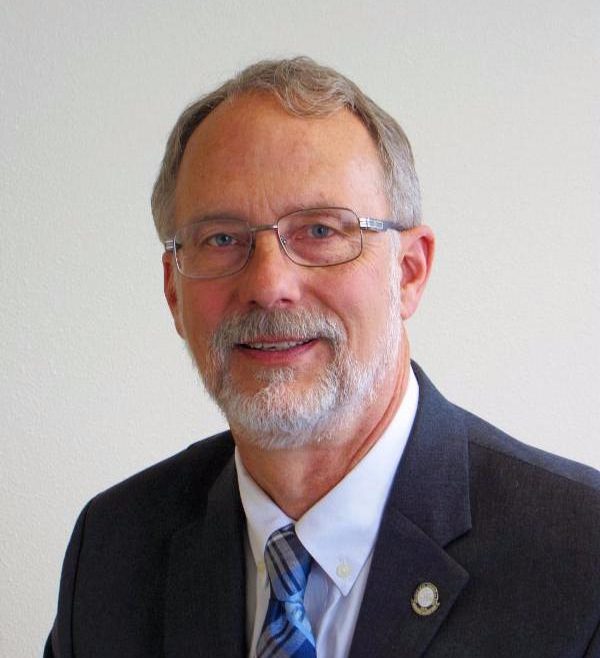Our Conference tried an experiment two weeks ago.
There are several extended stay hotels in our service area. None would get many positive reviews on travel web sites. Last year, about 11% of our funds went to these emergency housing options. Our goal was to find a way to get more folks out of that situation into one that offered more financial stability.
We found a staffing company offering about $12-15 an hour for warehouse work. The advantage to partnering with this particular company was that they could provide transportation if we could find enough employees living in proximity to each other. Check.
So, we slid flyers under doors, brought snacks, and waited in the lobby for the entire hotel to come and apply for jobs. One person came. And, unfortunately, that person was there for the snacks.
Although this first attempt was a failure, we all agreed to try again. We are going to have to work harder at getting these folks to see themselves in roles that may never have seen themselves in. Or at least they haven’t seen themselves in lately. We must work to give them more hope. And, hope is not easy to develop during a brief transaction.
Years ago, I attended a workshop offered by a faculty member from The University of Oklahoma Hope Research Center. They use this for a working definition:
Hope is the belief that the future will be better and you have the power to make it so. Hope is based on three main ideas: desirable goals, pathways to goal attainment, and agency (willpower) to pursue those pathways. (Emphasis added.)
Almost every person I visit in my SVdP service has an incredible optimism about the future. “I’m hoping to get more hours next month…” “My sister should be able to lend me money…”
I’m sure you have heard this as well. But, all too often, these resources don’t come through and they are back asking us for help.
It’s those last two characteristics of hope that are lacking in many of our neighbors in need. They need more reliable pathways to stability and agency to pursue those pathways.
In a recent FAMVIN column, Fr. John Freund related a story told by Shelia Gilbert, our past SVdP President. When you first put a grasshopper in a jar, they frantically jump to get out. As they continue to hit their heads against the top, they slow down. Until they finally give up.
People who have been in need for a short time might still be wildly jumping and hoping that things will change. The longer they keep hitting their heads against job loss, housing expenses, and the other “jar lids” that keep them down, the less hope they might have. Until, eventually, they have give up and accept their situation.
Dr. Donna Beegle, a national poverty expert, who wrote the introduction to poverty material we use in The Society (If Not Me, Then Who?)went on Home Visits when she was developing the material. She told me, after that experience, that she would wait until the Vincentians would finish all the qualifying questions about budget, jobs, etc.. She would then ask the neighbor, “What are your hopes and dreams?” Just that simple. And then the interview would take off.
Our work, in this hotel project, will be to help more people see themselves as capable, to restore their vision of the future and accompany them on their “pathway to goal attainment.” The first mistake we made, as do many that attempt systemic change projects, is that we didn’t spend time asking the people what they needed. Did they need jobs? What are their hopes and dreams?
We aren’t trying to get them jobs. We are trying to restore their hope.
Sincerely,
Jack Murphy
National Chair, Systemic Change and Advocacy


